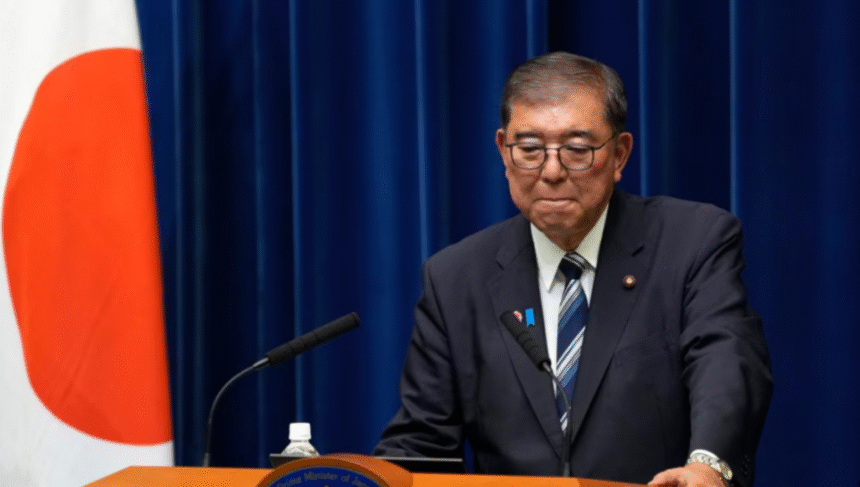Japanese Prime Minister Shigeru Ishiba has resigned after just one year in office, following two major election losses that weakened his party’s grip on power.
The decision came a day before the ruling Liberal Democratic Party (LDP) was expected to vote on whether to remove him as party leader. The LDP, which has governed Japan for nearly seven decades, lost its majority in the lower house of parliament for the first time in 15 years under Ishiba’s leadership, and later lost its majority in the upper house in July.
Japan—the world’s fourth-largest economy and a close U.S. ally—now faces a period of political uncertainty amid rising tensions with China and regional instability.
“Now that negotiations over U.S. tariffs have reached a conclusion, I believe this is the right time,” Ishiba said, referring to last week’s agreement with U.S. President Donald Trump to reduce tariffs on Japanese cars and other exports.
The 68-year-old leader had resisted calls to step down until Sunday, insisting it was his responsibility to resolve disputes with Washington.
“I deeply believed that negotiations over U.S. tariffs, which could be described as a national crisis, had to be completed under our administration,” Ishiba said.
Ishiba pledged to continue his duties “to the people” until a new prime minister is chosen.
He came to power in October 2024, vowing to tackle rising prices, but inflation—especially the doubling of rice prices last year—badly damaged his leadership. Public discontent was further fueled by his decision to appoint only two women to his cabinet and to purchase expensive gifts for party members.







